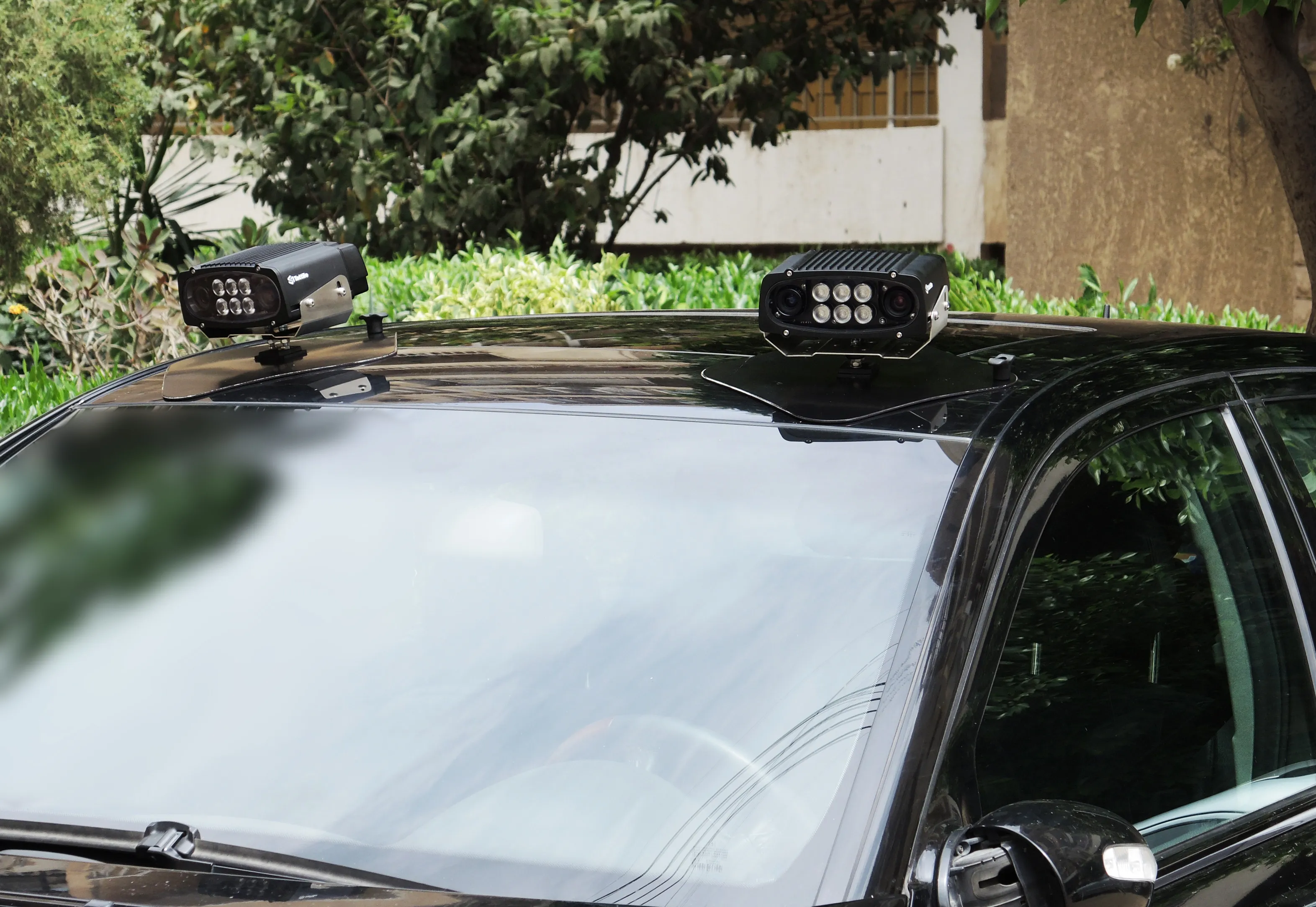A new mobile parking application launched by American Roads Technologies enables parking enforcement agencies to enforce parking violations through smart phones, tablets and other mobile devices using multiple platforms such as iOS and Android. Unlike existing parking apps that allow people to avoid feeding the meter to pay for on-street parking, the app not only allows people to locate parking spots and pay for parking, but it also permits municipalities, universities or parking agencies to enforce parking
August 13, 2013
Read time: 2 mins
A new mobile parking application launched by American Roads Technologies enables parking enforcement agencies to enforce parking violations through smart phones, tablets and other mobile devices using multiple platforms such as iOS and 1812 Android.
Unlike existing parking apps that allow people to avoid feeding the meter to pay for on-street parking, the app not only allows people to locate parking spots and pay for parking, but it also permits municipalities, universities or parking agencies to enforce parking violations in real time.
“Mobile technology has become a key driver in creating greater efficiencies in not only tolling but in other ways such as parking and enforcement of parking violations,” said Neal Belitsky, president of American Roads Technologies. “The growth of mobile technology, including smart phones and tablets, has made our company re-think how we can interact with our customer. In developing a strategy for our own toll roads, we created a product that can be used by others in becoming more efficient by embracing existing and emerging technology.”
Unlike existing parking apps that allow people to avoid feeding the meter to pay for on-street parking, the app not only allows people to locate parking spots and pay for parking, but it also permits municipalities, universities or parking agencies to enforce parking violations in real time.
“Mobile technology has become a key driver in creating greater efficiencies in not only tolling but in other ways such as parking and enforcement of parking violations,” said Neal Belitsky, president of American Roads Technologies. “The growth of mobile technology, including smart phones and tablets, has made our company re-think how we can interact with our customer. In developing a strategy for our own toll roads, we created a product that can be used by others in becoming more efficient by embracing existing and emerging technology.”









